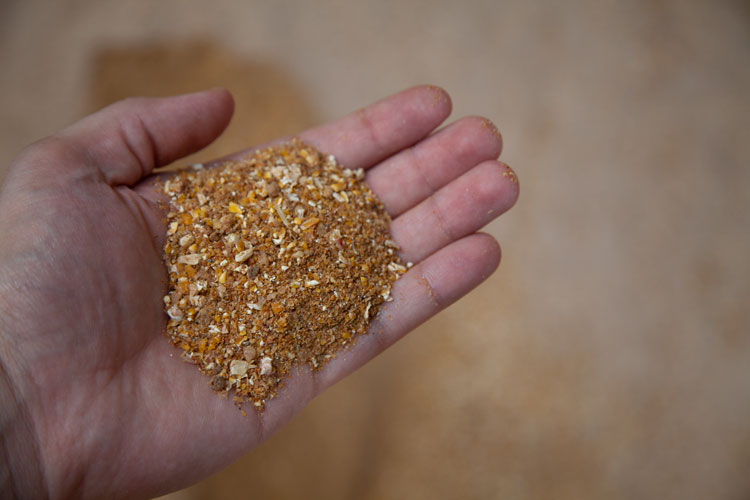
According to Ohio State’s Bill Weiss, error can sidetrack even the best of rations. In a recent presentation at the Tri-State Dairy Nutrition Conference, the nutrition specialist outlined a few of the ways dairies and nutritionists alike make poor decisions regarding error.
“If you know it’s a bad data point, it’s okay, but a lot of times we don’t know that,” Weiss said, regarding error that occurs because of a sample. “Sampling error is huge in forages.”
That’s why he suggested not only taking good samples but ensuring averages were used to mitigate outliers. “You don’t formulate a diet for a day,” he said. “You are wrong every day then. Formulate for weeks or months.”
He furthered that thought by explaining that the best option is often using a mean of samples. “You will be wrong a lot, but you’ll be wrong by less,” he emphasized.
In a research study that looked at sample variations on five dairies, averaging two forage samples was significantly more accurate than making decisions based on a single sample.
It also depends on what a farm is sampling for. In the example of corn silage, dry matter is relatively accurate on samples whereas half of the variation that we see in neutral detergent fiber values can be associated to sampling.
Similar to Weiss’s suggestion to formulate for weeks not days, he recommended formulating lactation diets for a pen, not for a cow.
“Don’t forget about averages, averages help,” he concluded. “You’re going to be wrong, but you’re going to be less wrong than if you used a single data point.”








